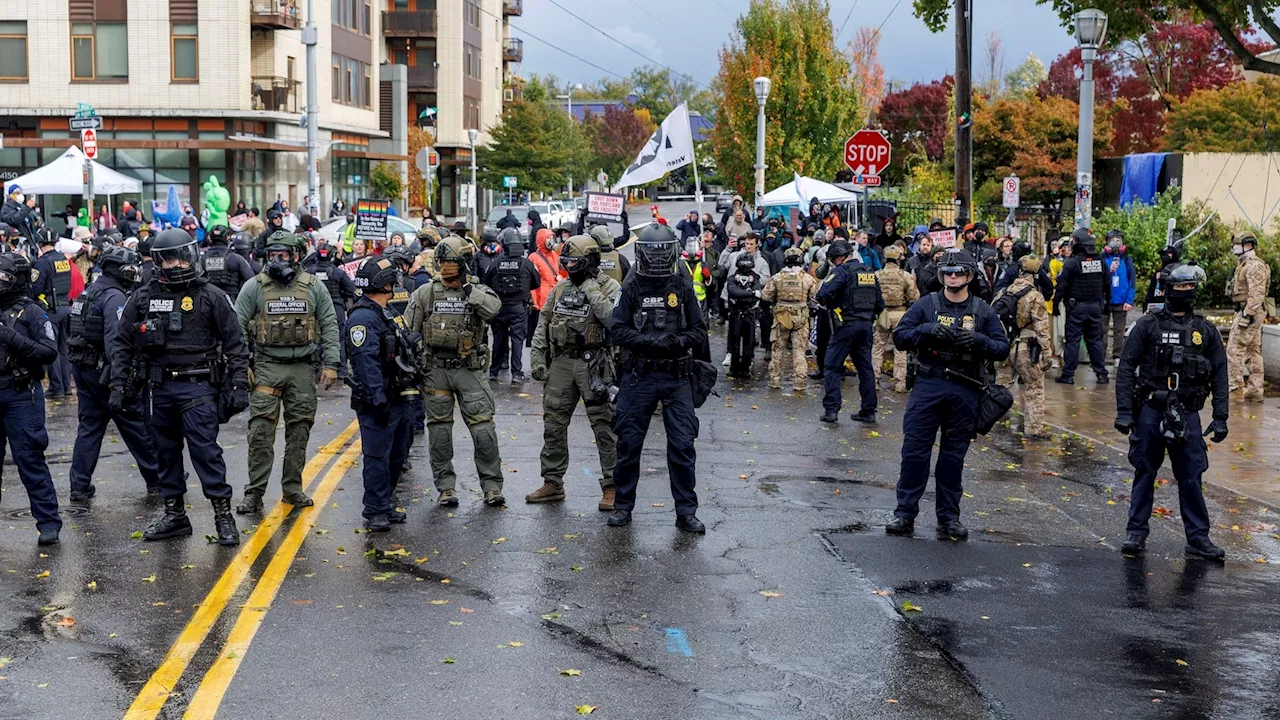A federal judge has permanently blocked President Donald Trump from deploying National Guard troops to Portland, Oregon, stating that he exceeded his legal authority. The ruling, issued by U.S. District Court Judge Karin Immergut, comes after a three-day trial that concluded recently. The judge’s decision responds to Trump’s attempts to intervene in the city amid ongoing protests linked to immigration policies.
Judge Immergut’s ruling emphasizes that the President’s deployment of federalized National Guard troops was not justified. “The evidence demonstrates that these deployments, which were objected to by Oregon’s governor and not requested by the federal officials in charge of protection of the ICE building, exceeded the president’s authority,” she wrote. This decision marks a significant legal precedent regarding the limits of presidential power in domestic matters.
The judge rejected the Trump administration’s claims that the protests represented a rebellion or posed a threat of rebellion, which would be necessary to legitimize such a deployment. Instead, she stated, “When considering these conditions that persisted for months before the President’s federalization of the National Guard, this Court concludes that even giving great deference to the President’s determination, the President did not have a lawful basis to federalize the National Guard.”
In her ruling, Immergut recognized the broad implications of the case, noting that the legal standards required to deploy military forces in American cities may ultimately need to be clarified in a higher court. She stated, “The ‘precise standard’ to demarcate the line past which conditions would satisfy the statutory standard to deploy the military in the streets of American cities is ultimately a question for a higher court to decide.”
This legal battle reflects ongoing tensions between federal and state authority, particularly in the context of protests against immigration enforcement. Around the same time as the Portland ruling, Trump was also seeking to send National Guard troops to Chicago, a move that faced similar opposition from local officials.
The ruling is welcomed by Oregon officials, who view it as a victory for state sovereignty and a reaffirmation of the limits on federal power. The decision not only blocks the deployment in Portland but also raises critical questions about the balance of power in the United States, particularly as protests continue to emerge in various cities across the nation.
As the situation unfolds, further appeals are anticipated, which may provide additional clarity on the laws governing the deployment of military forces within U.S. borders.







